 The On Campus Transition program, which assists young adults with intellectual disabilities in becoming fully integrated and included within the campus community, conducted a competition amongst sororities and fraternities for accepting mentors for OCT members.
The On Campus Transition program, which assists young adults with intellectual disabilities in becoming fully integrated and included within the campus community, conducted a competition amongst sororities and fraternities for accepting mentors for OCT members.
The 25 members of OCT need four mentors each to aid in academic and social endeavors on campus, thus, a minimum of 100 mentors. Last year, OCT recruited about 80 mentors total and needed a new game plan in order to hire more.
Keith Andes, a UNF international business senior and mentor recruiter for OCT, came up with the idea of involving the Greek community.
“I suggested we hold a competition,” Andes said, “where teams from sororities and fraternities can compete on the basis of who can accumulate the most number of hours by volunteering at OCT.”
The winning team will be announced April 15. The incentives include a trophy from OCT, recognition on campus, volunteer hours for resumes and the experience of helping the community. OCT already received over 125 applications for participation. Because of its success with applicants, OCT plans to hold the competition each semester.
“My brothers and I don’t volunteer for just another trophy on the shelf,” said Matt Ziegler, a UNF electronic media junior and vice president of fraternity Pi Kappa Phi. “To have peace of mind knowing I am devoting my time to people who appreciate my help is the real reward.”
Pi Kappa Phi’s philanthropy is with the Down Syndrome Association of Jacksonville. The fraternity has hosted activities, like annual dances, for the association. Kappa Phi brothers used that experience when they invited members of OCT to participate in their lip sync competition for Homecoming.
“Frank, an OCT member, practiced our dance routines with us, and right before going on stage I remember he got very nervous and said he felt sick,” Ziegler said. “I stuck by his side, told him he’d do great, encouraged him — and what do you know, the kid got the most applause on stage that night.”
Ziegler said he expects nothing but first place from his fraternity mentor team for OCT.
“OCT members love having mentors around. This way they get to meet new people, socialize without getting judged, and most importantly, they get a unique opportunity to grow,” Andes said. “Mentors are geared to help OCT members realize their true potential.”
Andes said when he went to speak with the sorority Alpha Chi Omega about mentoring, he took OCT member, Wils, to introduce himself.
“This was a room full of girls and here’s Wils, so excited to talk to them,” he said. “The girls loved him and Wils, gosh, Wils was so giddy with happiness by the end.”
All members of OCT hold either a job or an internship on campus. They are required to take two classes per semester and the syllabus is modified to fit OCT student’s needs.
Each team of mentors from Greek Life has an average of 15-30 students participating. Each mentor is only required to volunteer for an hour a week, but many stay for three to four hours, Andes said.
The sororities involved as mentors are Zeta Tau Alpha, Alpha Chi Omega and Kappa Delta. The fraternities are Alpha Tau Omega and Pi Kappa Phi. Sigma Chi Fraternity recently turned in 20 applications.
“Being in a fraternity, you get the joy of parties, the girls and all of that,” Ziegler said. “But the joy that comes from helping shape someone’s future is unmatched.”
Some considerations to keep in mind when it comes to conversing with a person who has an Intellectual Disability include:
Speaking to that person in clear sentences, using simple words and concrete, rather than abstract, concepts
Helping that person understand a complex idea by breaking it down into smaller parts
Clear signage with pictograms can help people with Intellectual Disabilities find their way around a building
Don’t use baby talk or talk down to people who have Intellectual Disabilities. Gauge the pace, complexity and vocabulary of your speech according to theirs
Remember that the person is an adult and, unless you are informed otherwise, can make his/her own decisions
It can be difficult for people with Intellectual Disabilities to make quick decisions. Be patient and allow the person to take the time needed



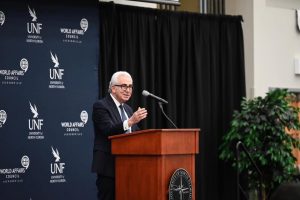


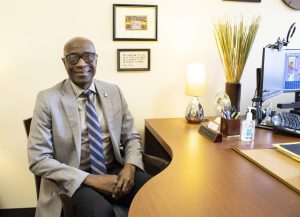
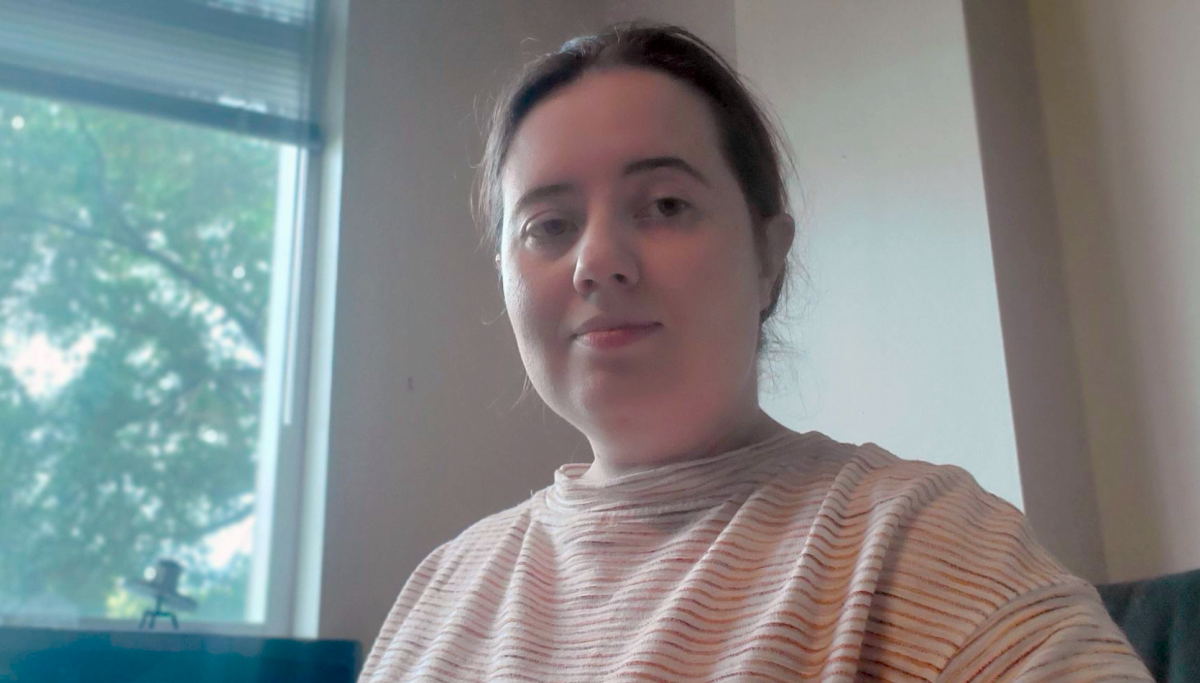
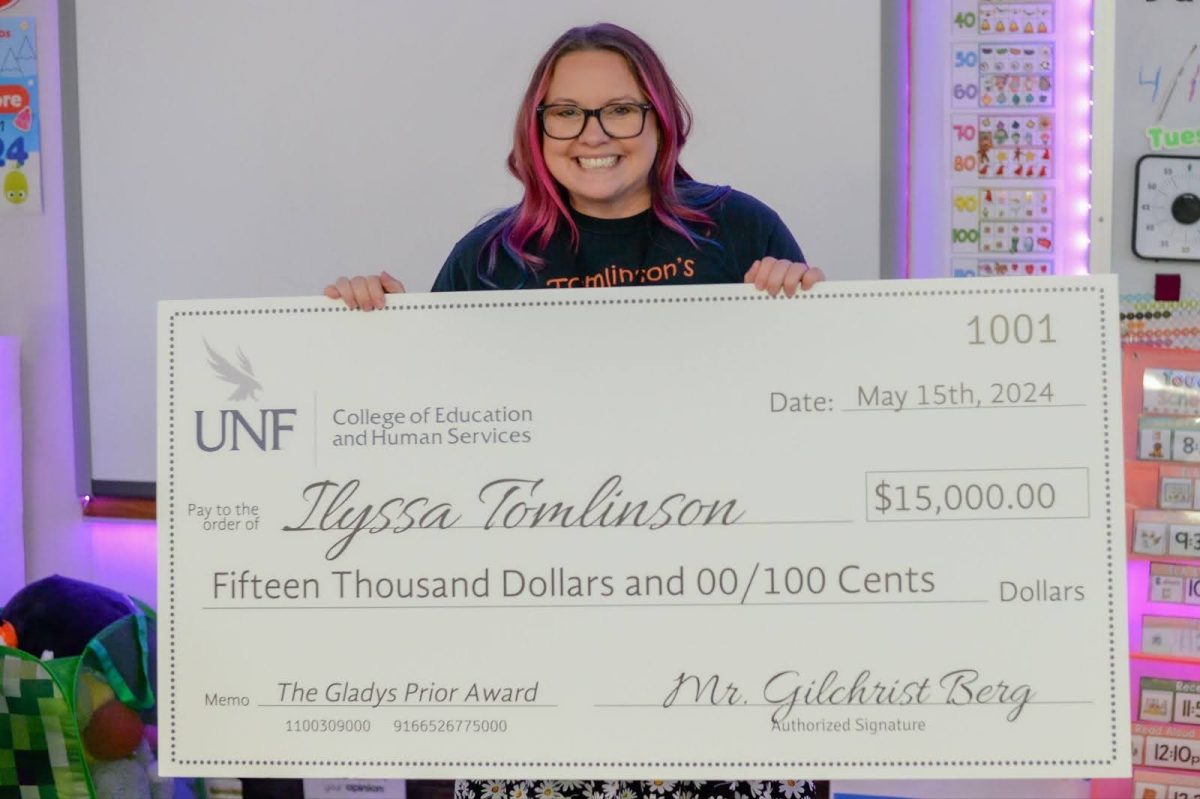

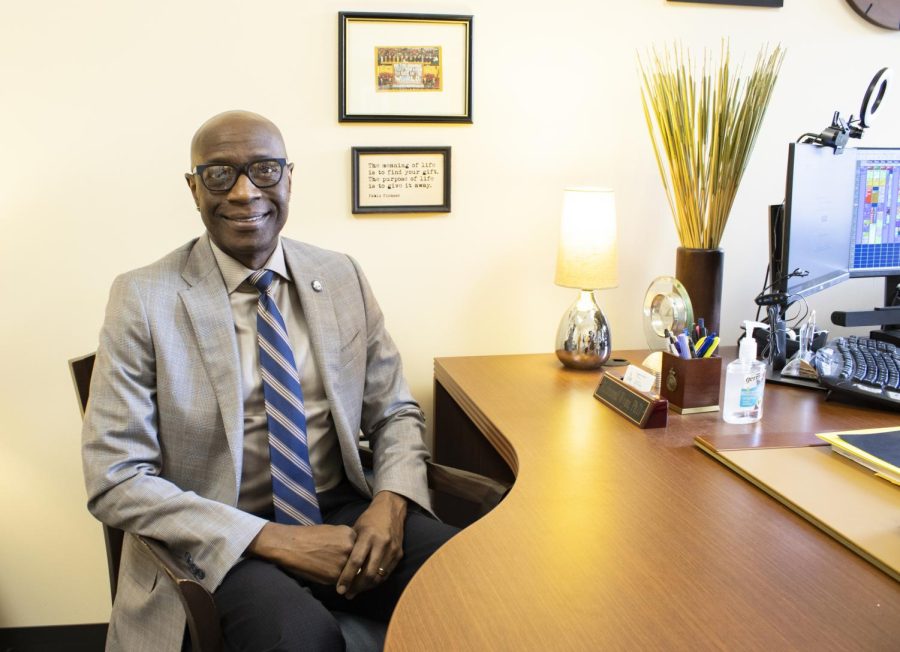







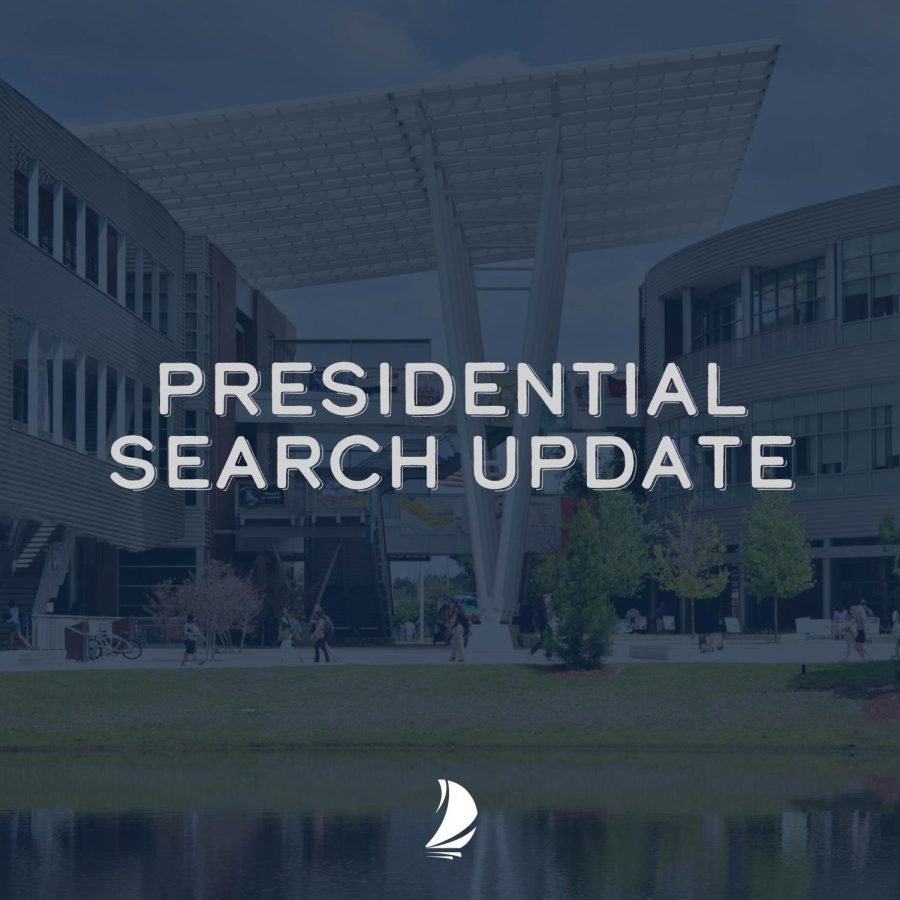

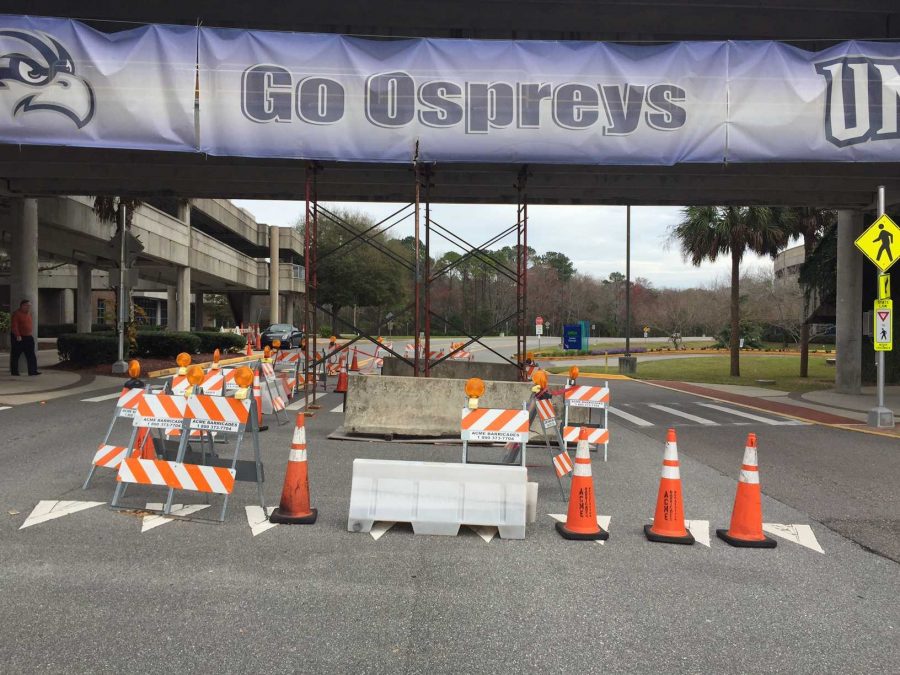

Sue • Mar 10, 2011 at 4:38 pm
I believe that Delta Gamma also has some of their members volunteering!